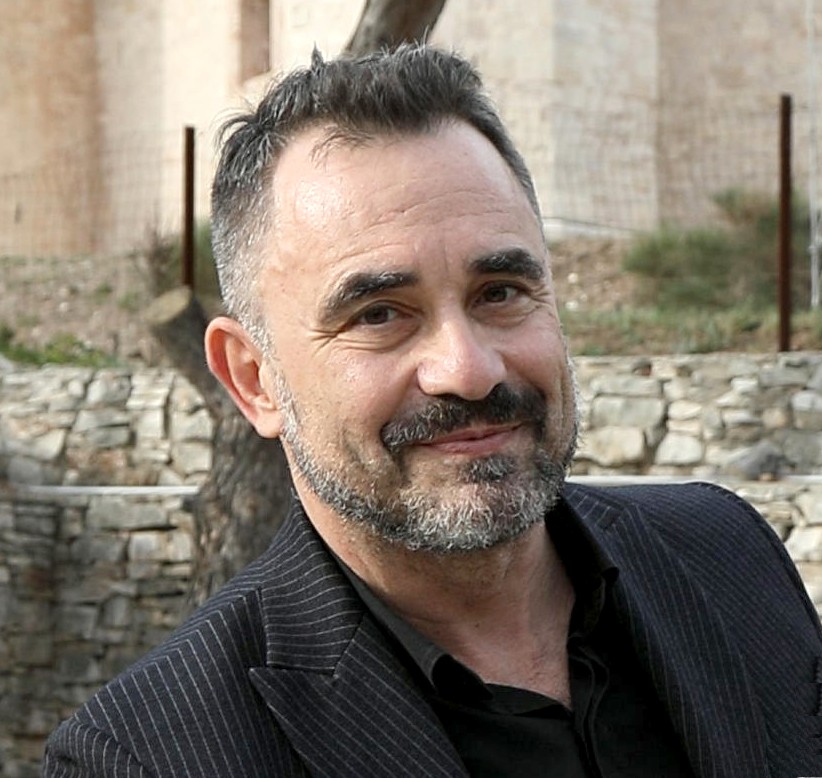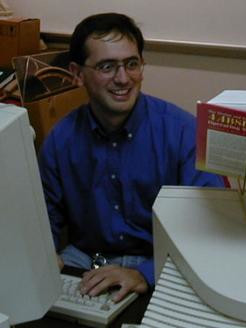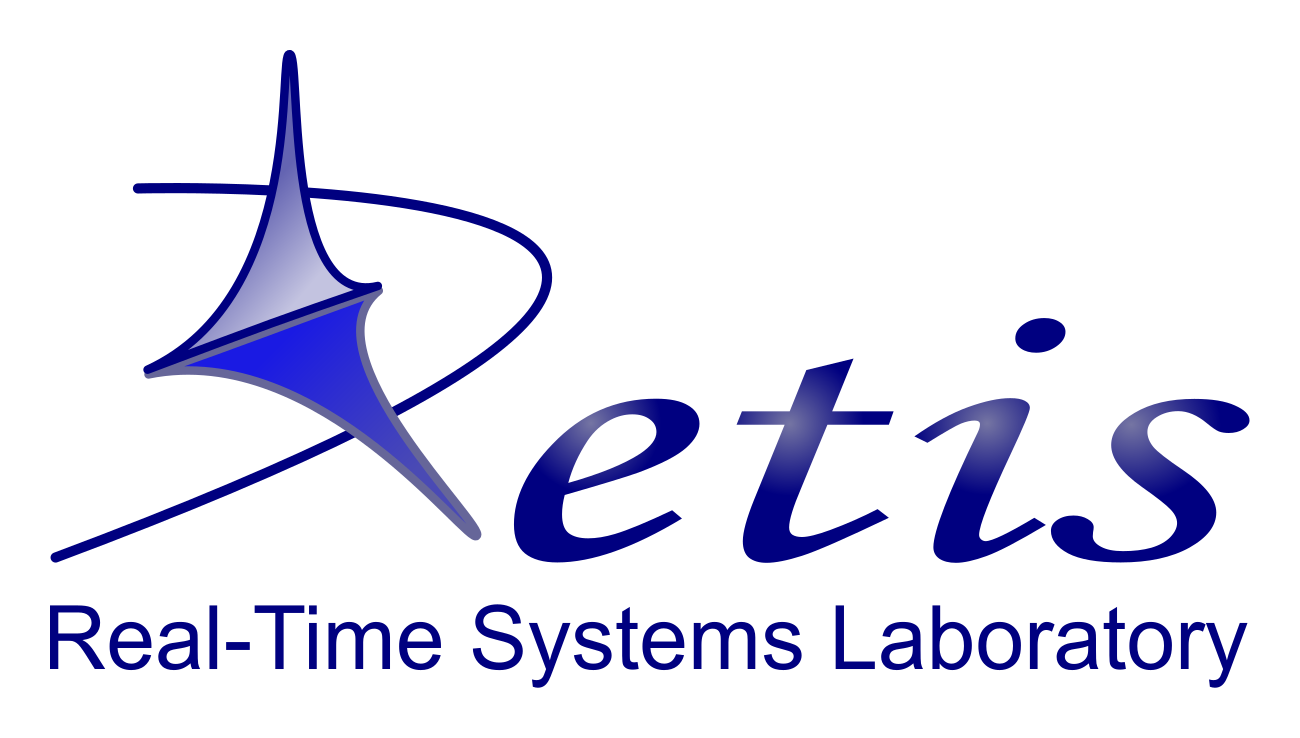This page remembers our departed colleagues who passed away too soon and whose absence is deeply felt by all who knew them.
Daniel Bristot De Oliverira
Dr. Daniel Bristot De Oliveira, a professional affiliate at the RETIS lab of Scuola Superiore Sant’Anna and Senior Principal Software Engineer at Red Hat, passed away all too soon at age 37.

Daniel earned his joint Ph.D. from Scuola Superiore Sant’Anna and Universidade Federal de Santa Catarina in 2020. He was a Linux kernel contributor working mainly in real-time related subsystems. He was the maintainer of the Runtime Verification subsystem, the latency/noise-related tracers in the Linux kernel, and the rtla (Real-time Linux Analysis) toolset. He was also a reviewer for the scheduler code, mainly regarding the SCHED_DEADLINE changes.
He was the organizer of events in the Linux community, including several editions of the Real-time Micro-conference at The Linux Plumbers and Linux Conference Europe, as well as the Scheduling Micro-conference at The Linux Plumbers. He also published papers in the academic community, including contributions to top-notch journals and conferences, including IEEE Transactions on Computers and the Euromicro Conference on Real-Time Systems (ECRTS). He was a respected member of the real-time systems scientific community: he has been a technical program committee member for several top-notch conferences, including RTSS, RTAS, and ECRTS. Before joining RedHat, he was a Senior Software Engineer at Intelbras.
Daniel was a positive and always smiling person, full of joy, always ready to support others. He was an extremely talented kernel developed and scientist, and an hard worker.
He will be missed.
Marco Di Natale
Prof. Marco Di Natale, a full Professor at the Scuola Superiore Sant’Anna of Pisa, Italy, passed away all too soon at the age of 56 after suffering a health crisis while attending a conference abroad.

Marco earned his Ph.D. from Scuola Superiore Sant’Anna in 1991, was Director of the Real-Time Systems (ReTiS) Lab from 2003 to 2006, and was a visiting Researcher at the University of California, Berkeley in 2006 and 2008. Over several decades, Marco was a highly respected, energetic, and prolific researcher in multiple real-time and embedded systems areas, including scheduling and timing analysis, memory management, model-based design, computer architecture, design automation and optimization, operating systems, and automotive applications. His work is widely cited and received numerous awards over the years.
He also served on numerous technical program committees for conferences in our research community, as Program Chair and General Chair for the RTAS conference, as an Associate Editor for the IEEE Transactions on CAD, and on the editorial board of the IEEE Transactions on Industrial Informatics, ACM Transactions on Embedded Systems, and Real-Time Systems (Springer). He was a member of the Technical Committee on Factory Automation, where he served as the Chair of the Subcommittee on Embedded Systems for multiple terms. He also collaborated extensively with other researchers in academia and industry, including Magneti Marelli, ST Microelectronics, General Motors, United Technologies Research Center, Huawei, and the EU ADAMS project automotive expert group, among others.
Marco has been an invaluable and pragmatic mentor. He was always ready to challenge students and colleagues with a wave of intriguing questions to depthly investigate any technical problem discussed with him. He will be especially missed for his joyful and empathic personality.
To pay homage to his career, the ReTiS lab organized a workshop on the topics that characterized his work.
Gerardo Lamastra
Gerardo Lamastra graduated from the Faculty of Engineering of the University of Pisa in 1996 with a thesis on developing a real-time operating system. He then continued his studies at the Scuola Superiore Sant’Anna, obtaining a Ph.D. in Computer Engineering with a thesis on developing next-generation Operating Systems. During his studies, Gerardo was a visiting student at the University of North Carolina at Chapel Hill. Following his specialization, Gerardo was an engineer at the CSELT in Turin, which later became Telecom Italia Lab, where he worked on security in telecommunications networks.

During his stay at the School, Gerardo was a brilliant researcher, an excellent engineer, and, above all, a friend and life partner for many colleagues. He was well known in the RETIS laboratory, where he worked and where his technical and scientific skills were appreciated, and in the rest of the School, where he made friends with many non-engineering colleagues. He is remembered for his cheerfulness and optimism, availability, and ability to make himself useful to others. Gerardo had the rare gift of knowing how to work in a team: he contributed to the work and simultaneously was a stimulus to others. Working together with Gerardo meant more than doubling the productivity of the team.
Unfortunately, Gerardo is no longer with us. He left us the memory of his friendship, his passion for information technology, and his life in all its aspects. He is remembered for his technical but, above all, human contributions to those lucky enough to know and appreciate him, and he is still missed.
